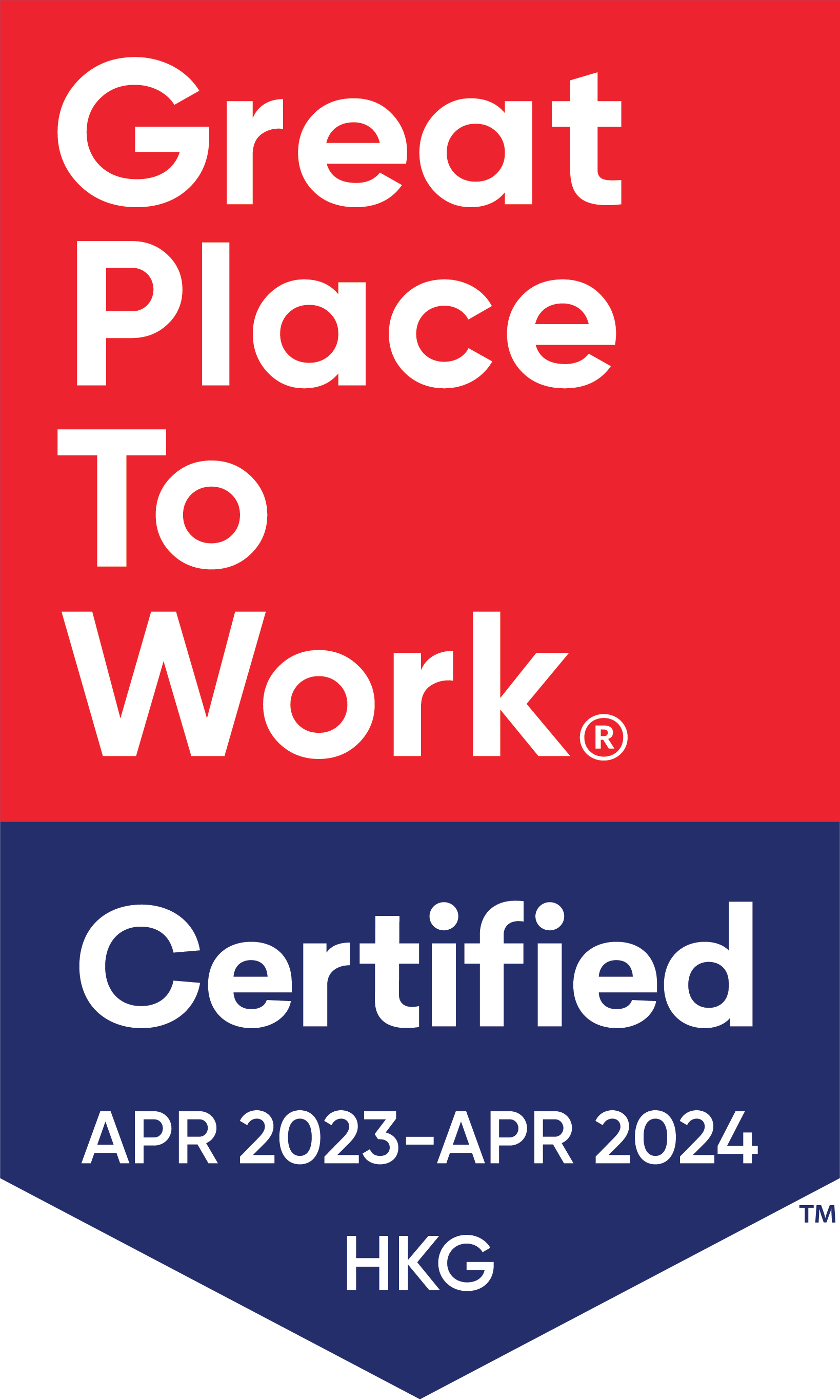ESG/ Sustainability Talent Trends – Hong Kong

Talent now transcends the industry barriers in the ESG & Sustainability [ESGS] space, and the meaning of ‘sustainability’ has become more diverse and complex. As a result, we have extracted this function as a dedicated specialism and have spent much of 2024 speaking with a wide range of professionals ranging from Heads of Sustainability down to graduates entering the sector. These conversations and our wider research have given us insights into the trends, challenges and attitudes shaping the space which we have outlined here.
Moving forwards, we will continue to share our findings and will launch a quarterly newsletter in November (follow us on LinkedIn to get the notification).
The Last 12-18 months
Overview
If you have been blissfully ignorant of the employment market situation in Hong Kong (in which case, we envy you!) then you can review our quarterly Talent Insight Reports to get the low down. In short, it has been a difficult period with a much lower volume of employment opportunities in Hong Kong. Economic challenges, such as high inflation and slower growth, along with geopolitical tensions,
have impacted the pace of the green transition and the associated job market dynamics.
Hong Kong Headcount
ESGS has seemingly weathered this period without any significant headcount loss, other than the trimming of a smaller number of senior positions in some larger corporates. Team structures supporting data and reporting seem more mature and embedded, and hence have survived any downsizing. However, investment in wider training exercises or earlier stage projects have more commonly been put on hold. Cost-cutting and fiscal conservatism have proved to be the norm across most sectors. This restraint on new projects and the ability for individuals to make an impact is becoming a leading cause of frustration amongst sustainability professionals. This is one of the biggest reasons for talent to look outward into the market. However, new roles have been extremely limited with a small uptick in hiring only beginning to be seen in the current quarter.
Leading by Example
One of the key organisations pushing forwards this year has been the Hong Kong Jockey Club, solidifying a core team and outlining the beginning of a journey to pull together disparate projects and articulate their sustainability goals in a more cohesive way. When a major institution such as this sets out a clear vision, it can only be a positive message to the rest of the market. We see that their efforts will likely set the standard for other Hong Kong institutions to follow.
The Next 12-18 months
Reporting Talent
In the short term, we are likely to see a rise in demand for individuals with reporting experience to help organisations transition to HKFRS 1 and HKFRS 2 / IFRS S1 & S2 and the new HKEX standards. Whether this talent is hired on a permanent, contract or consulting basis will depend on the current maturity of the relevant reporting function.
Currently we observe that while there are companies who have well-established in-house reporting structures, there is another set of organisations who are lagging, and have been managing by outsourcing their reporting to third parties. With the increasing complexity of mandatory requirements, it is likely that these organisations will need more in-house capacity and resources. The mid-level reporting talent currently sitting in more mature teams/departments are likely to become a prime target for these companies. Salary increases and bigger titles will be an attraction which will likely mean an increased demand in a relatively tight talent pool.
One defence against attrition in these functions will be the increased use of automation for ESG reporting and data systems. As these platforms become more sophisticated, it will enable teams to keep up with the ever-evolving HKEX & ISSB/IFRS standards without the need for increased headcount. However, we don’t see this being effective to the degree where these efficiencies will balance the increased talent demand in the shorter term.
Strategy & Integration
The general sense from professionals in the sector (across all industries) is that there will still be a strong future demand for talent in Hong Kong. This growth is likely to come from the integration end of the spectrum as the need to pull the ESGS goals into the wider business strategy is becoming critical to ensure positive impact is embedded and measured.
In this area, we already see major gaps in expectations versus reality. Hong Kong lacks depth in its senior pool (most senior leadership in sustainability are not home grown). At one layer down, outside of data/reporting/compliance, the same problem exists. Organisations are often expecting to find a perfect combination of technical sustainability knowledge, relevant business exposure, plus the change management skills. However, this mix of skills is in very short supply
The two solutions to this are either to cast the net wider and recruit globally or, pull talent with the business knowledge and soft skills across and cross-train them. The challenge with the latter is that not everyone in a functional specialism wants to make this shift but, candidates from transformation/change backgrounds could be a key target.
Hong Kong’s Role
For Hong Kong, whilst it has had a slower start in terms of development in this space, there is an opportunity to play a pivotal role in the regional and global ESGS ecosystem.
With both Hong Kong and Beijing governments framing HK as the key place for Chinese firms to IPO in the coming years, the complexity of cross-border and global requirements will lead to increased need for harmonisation of regulations. HKFRS S1 and S2, are designed to fully align with the IFRS S1 and S2 standards and this alignment will help to better integrate Hong Kong businesses with global and Mainland Chinese capital markets.
This is an area in which Hong Kong can play a leading role, particularly if the government’s efforts to strengthen its position as a global talent and green financing hub continue to gain traction. With the
HKMA’s latest net zero targets for the banking sector, the flow of capital looks like it will continue to advance against a more sustainable agenda.
One thing is for certain, corporate sustainability is here to stay and this is not just a listed company issue. The Sandpiper Global Reputation Capital Index report highlights what we see on that ground - that even some larger private organisations are seeing the sense in ensuring their ESG reporting meets the market standards.
Key Observations
- Reporting and data talent will likely be in demand once again as we head into 2025
- Experienced strategy and integration talent is in very short supply. Global talent sourcing or cross-functional training are the key solutions.
Our Core Services
We can support organisations with their ESGS talent agendas in a number of ways:
- Executive recruitment
- Retained executive search
- Contract resources (individuals sub-contracted for specific periods on yours or our payroll)
- Statement of work driven projects (you have a goal to achieve, and we deliver the team and run the program)
- Talent management, leadership and wellbeing consultancy
Our Value Adds
We are happy to assist our clients with additional data, insights and opportunities such as:
- Salary surveys
- Case study sharing and strategy benchmarking
- Webinar and events support/co-creation
- Industry roundtables
Written by
Mathew Gollop &
Aadya Kapur. For more information, please reach out to Mathew at
mat@connectedgroup.com
Share This Blog
Recent Articles















